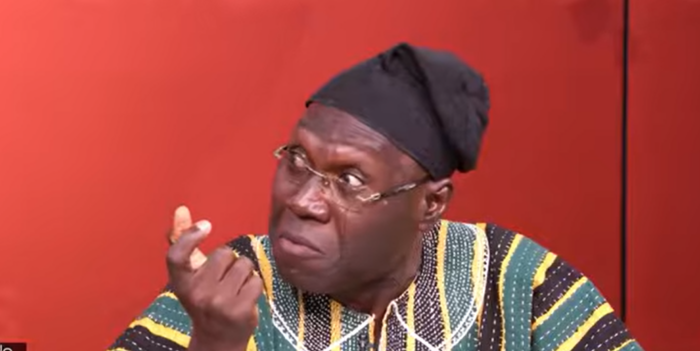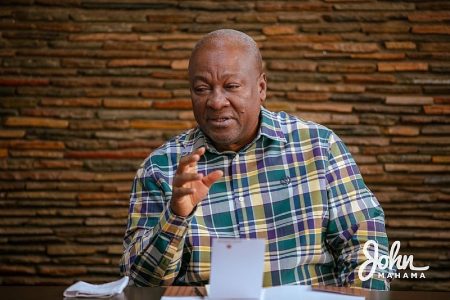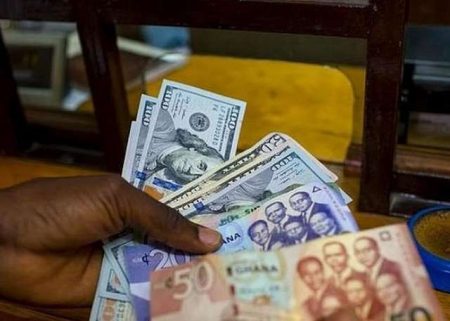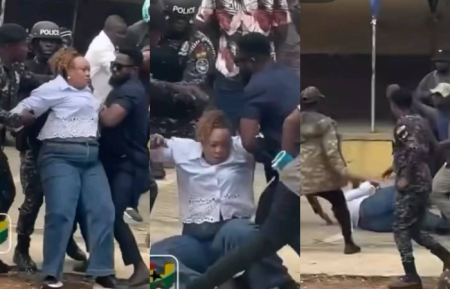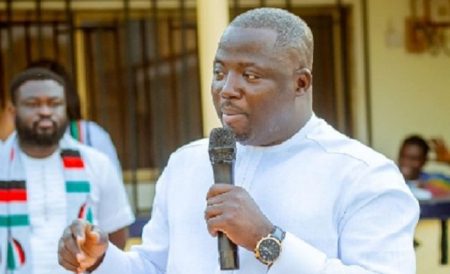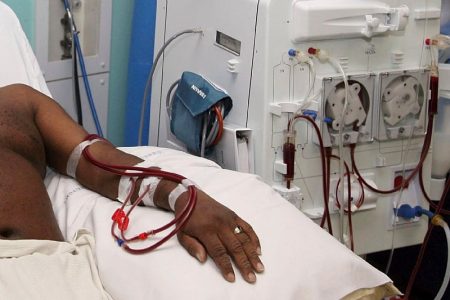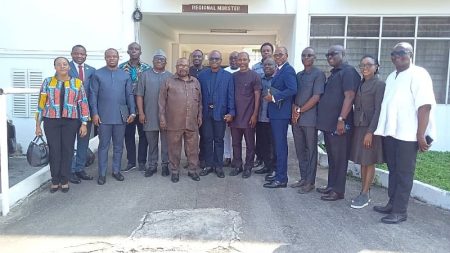The 2024 general elections in Ghana were marked by a controversial early concession by Dr. Mahamudu Bawumia, the then-running mate of the New Patriotic Party (NPP), which sparked a debate about its impact on the parliamentary election results. Former Tamale Central MP, Inusah Fuseini, has strongly criticized Bawumia’s premature congratulatory message to John Dramani Mahama, the National Democratic Congress (NDC) flagbearer, arguing that it created widespread confusion and disrupted the ongoing collation of parliamentary results across several constituencies. This contention stems from the understanding that Bawumia’s concession occurred before the Electoral Commission (EC) had officially concluded its collation process, effectively preempting the EC’s constitutional mandate and potentially influencing the behavior of electoral officials and party agents at various collation centers.
Fuseini highlights the legal framework governing election results collation, emphasizing that the EC has a stipulated timeframe of 48 to 72 hours to complete the process and declare the official results. By conceding before this period elapsed, Bawumia effectively undermined the EC’s authority and created a sense of finality around the presidential outcome, even though the parliamentary results were still being determined. This premature action, Fuseini argues, shifted national attention solely to the presidential race, diverting focus and resources away from the equally important parliamentary elections, leading to a lack of diligence in completing the collation of parliamentary votes. The resulting disarray, he contends, had direct consequences for the integrity of the parliamentary election process.
The former MP points to the Ablekuma North constituency as a prime example of the disruption caused by Bawumia’s concession. While officials were still diligently counting votes and collating pink sheets (official result forms) in Ablekuma North, the news of the concession effectively halted their work. Fuseini argues that Bawumia’s action demotivated electoral officials, who perceived further collation as unnecessary given the perceived conclusion of the election. This, in turn, contributed to irregularities and challenges in determining a clear winner in the constituency, eventually necessitating a rerun of the election in 19 polling stations within Ablekuma North on July 11, 2025, over a year after the initial election date.
Furthermore, Fuseini argues that the confusion engendered by Bawumia’s concession extended far beyond Ablekuma North, affecting other constituencies like Tema Central, Okaikwei Central, Akwatia, and Nsawam-Adoagyiri. In these areas, the parliamentary results were contested and subsequently corrected through court-ordered recounts and recollation exercises. These legal interventions, according to Fuseini, underscore the widespread impact of the disrupted collation process and the need for greater clarity and adherence to established electoral procedures. He asserts that Bawumia’s early concession, rather than fostering stability and national unity, inadvertently sowed seeds of confusion and undermined the integrity of the electoral process.
Fuseini’s critique centers on the principle that the declaration of election results is the sole prerogative of the Electoral Commission, a constitutionally mandated body responsible for ensuring a free, fair, and transparent electoral process. By preempting the EC’s announcement, Bawumia’s action not only disrespected this constitutional framework but also had a cascading effect on the parliamentary elections. The subsequent challenges and disputes in various constituencies, including the need for reruns and recounts, are seen as direct consequences of this disruption.
The ongoing debate regarding Bawumia’s early concession and its impact on the 2024 parliamentary elections raises important questions about the role of political actors in upholding the integrity of democratic processes. Fuseini’s argument highlights the importance of adhering to established procedures and allowing the EC to fulfill its mandate without interference. The need to maintain public trust in the electoral process and ensure the accurate reflection of the popular will underscores the significance of this debate, extending beyond the immediate consequences of the 2024 elections to the broader health and future of Ghana’s democracy. The events underscore the need for clear guidelines and perhaps even legislative reforms to prevent similar occurrences in future elections and safeguard the integrity of the electoral system.





